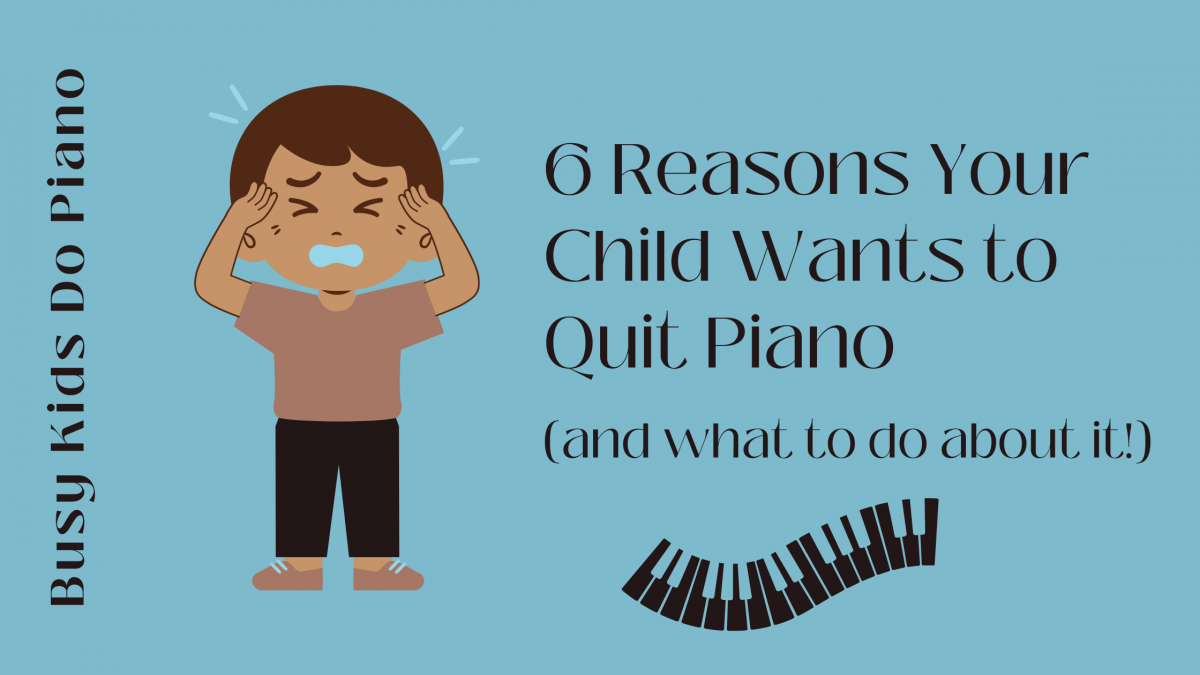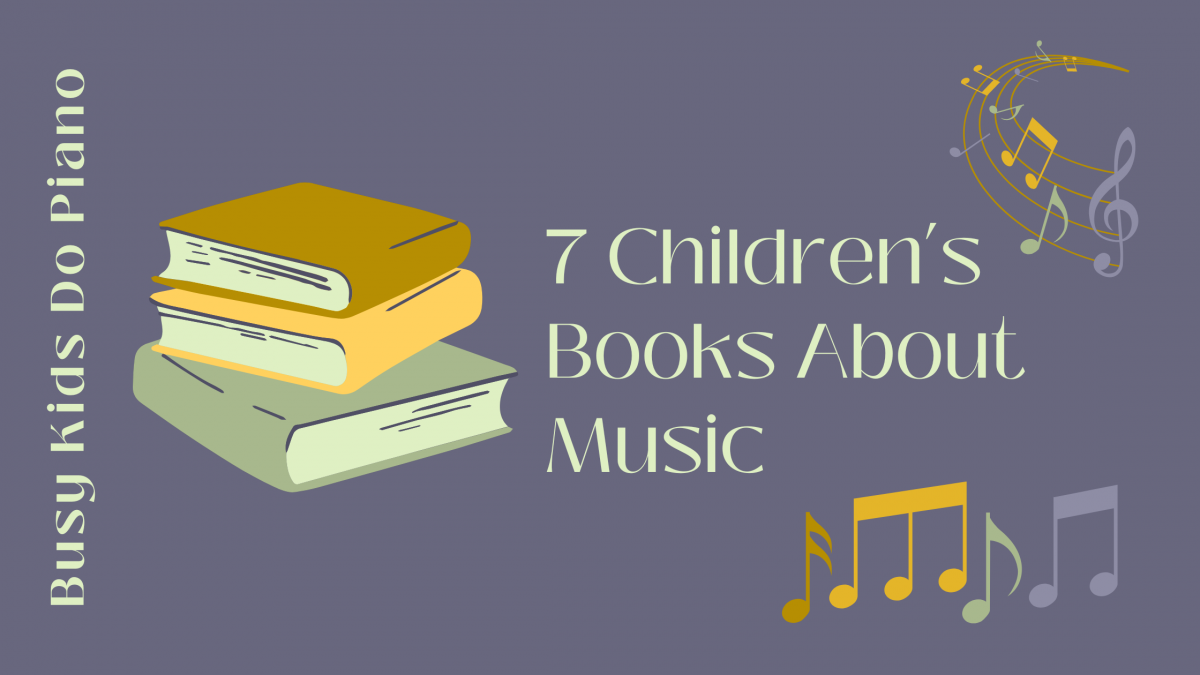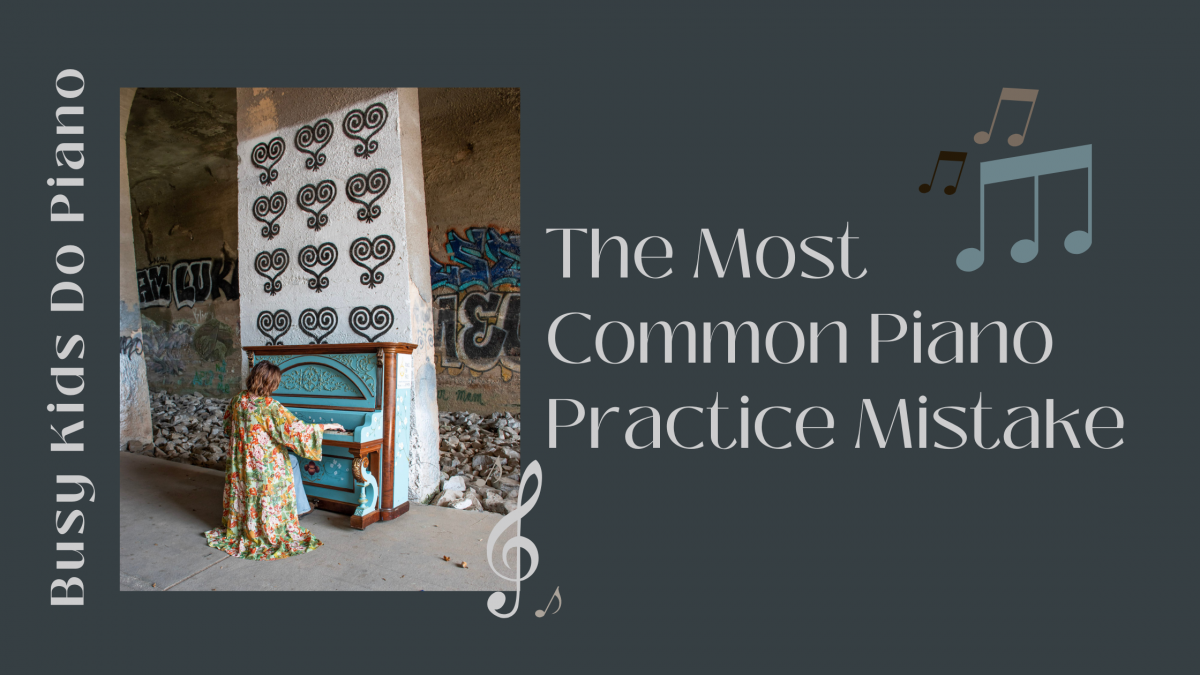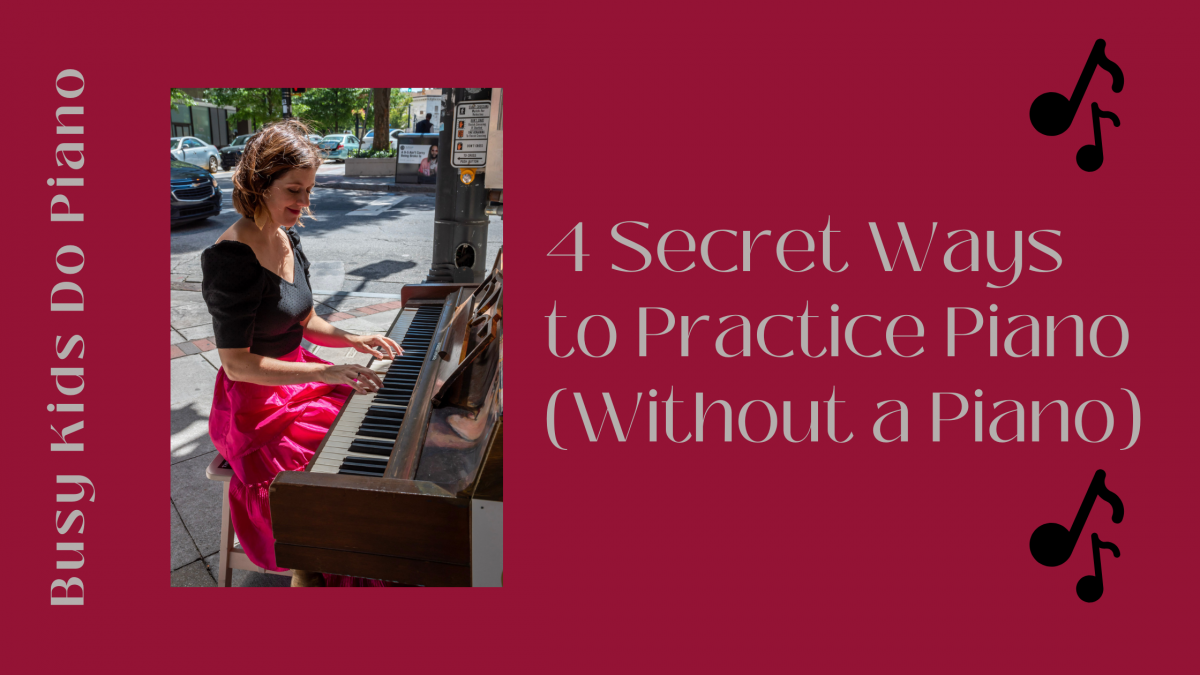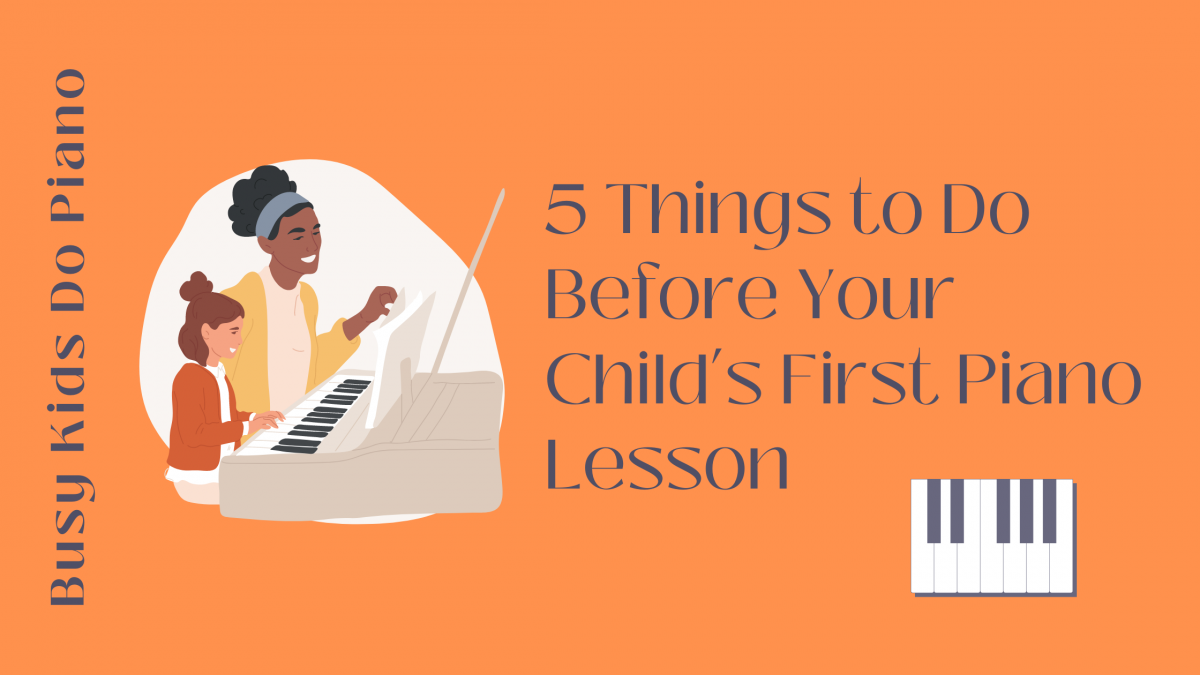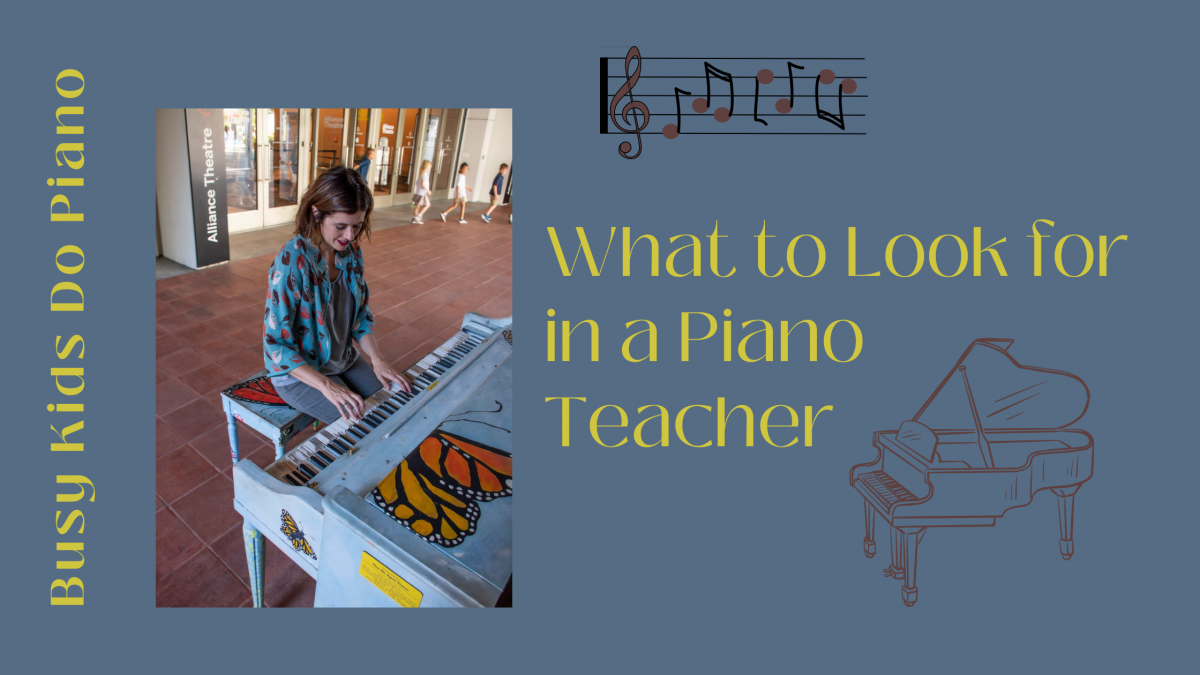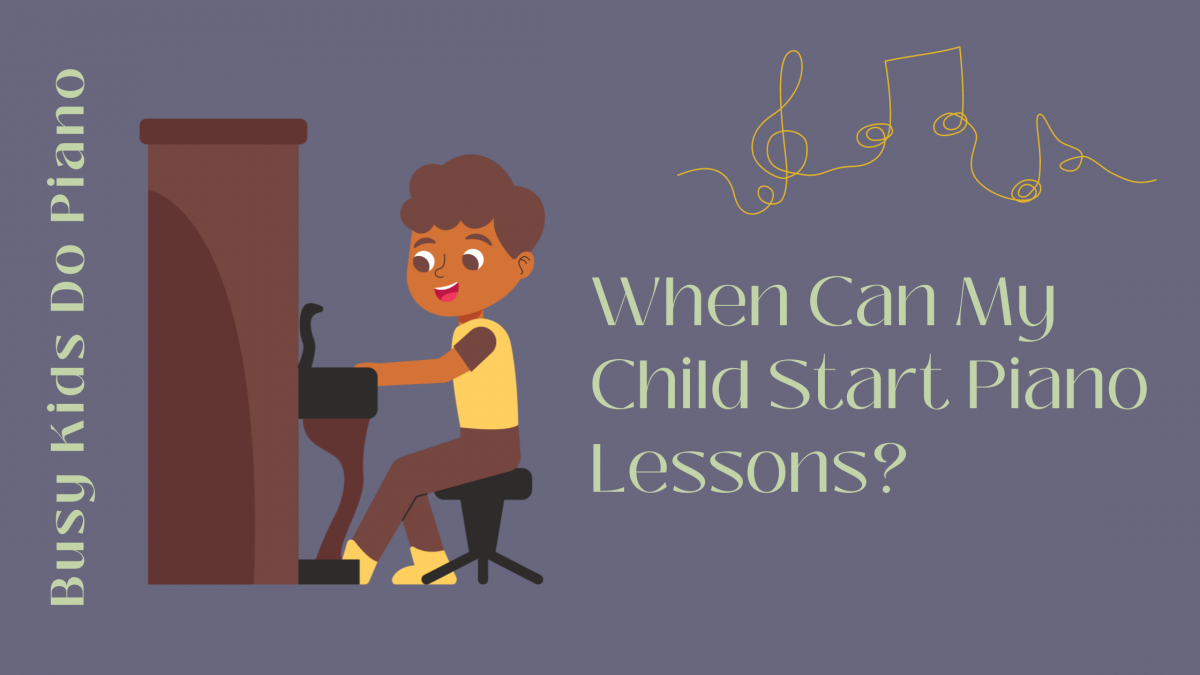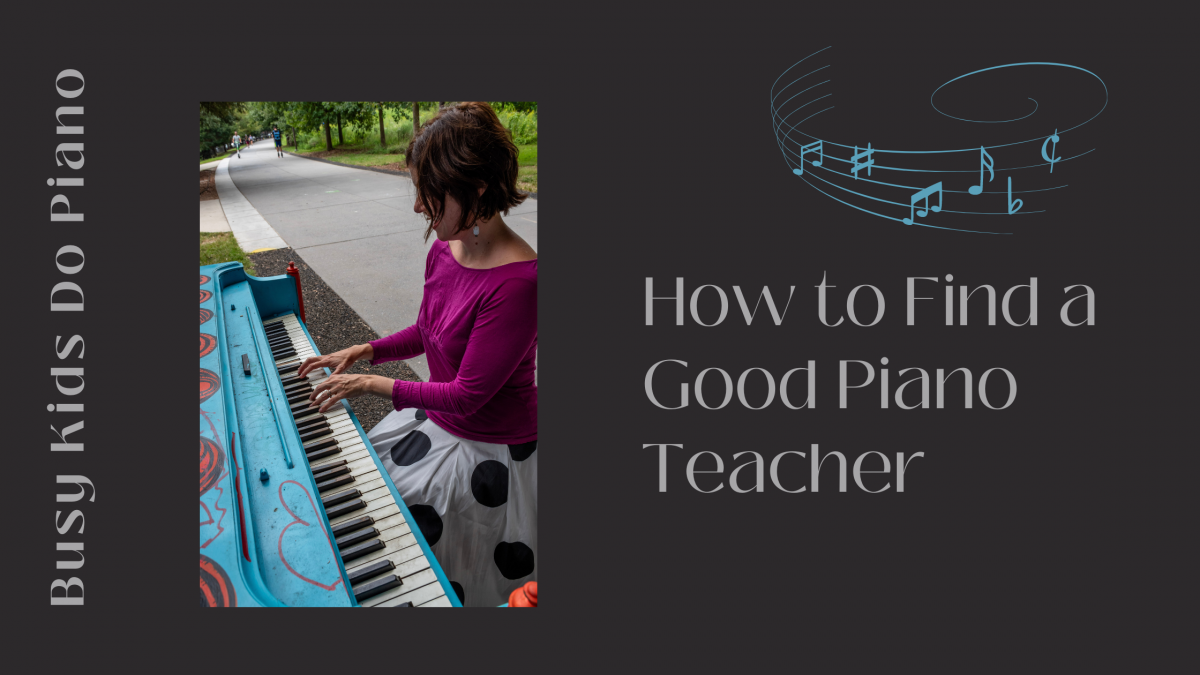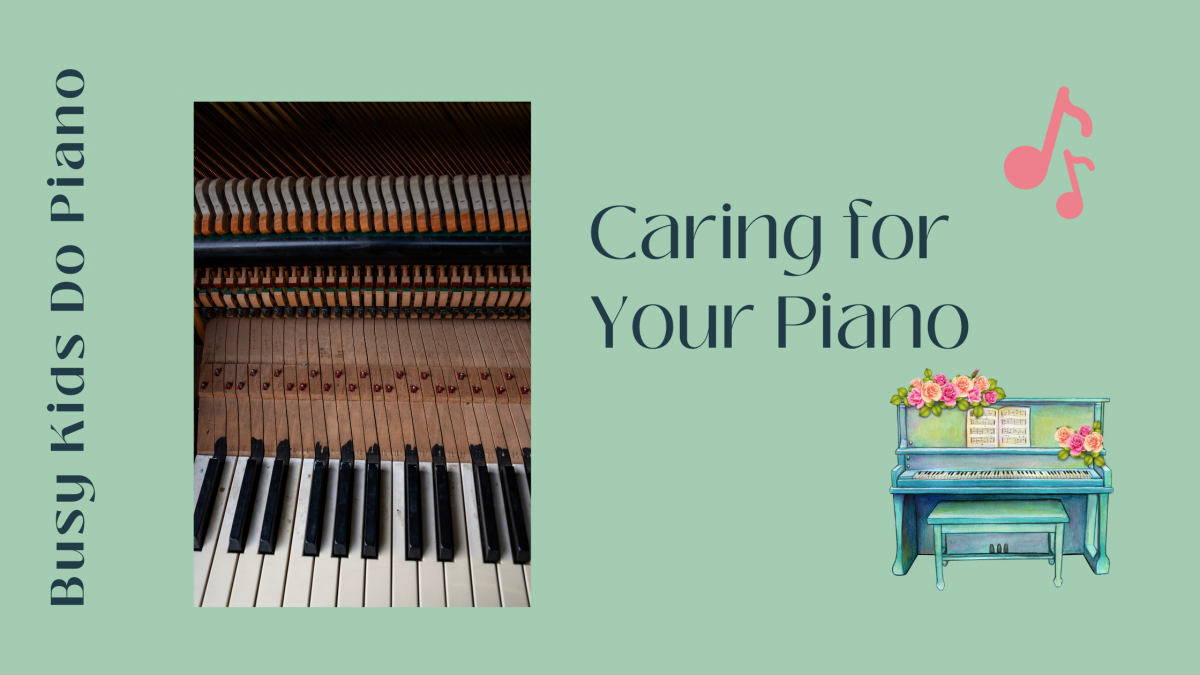So…your child has been in piano lessons for awhile, perhaps even years. You’ve invested thousands of dollars into lessons and music. Countless hours have been spent helping with practice and transporting him to and from piano lessons. Now he’s telling you he wants to quit piano lessons.
Say, what?! Continue reading “Your Child Wants To Quit Piano Lessons: Here’s Why (And What to Do About it!)”

